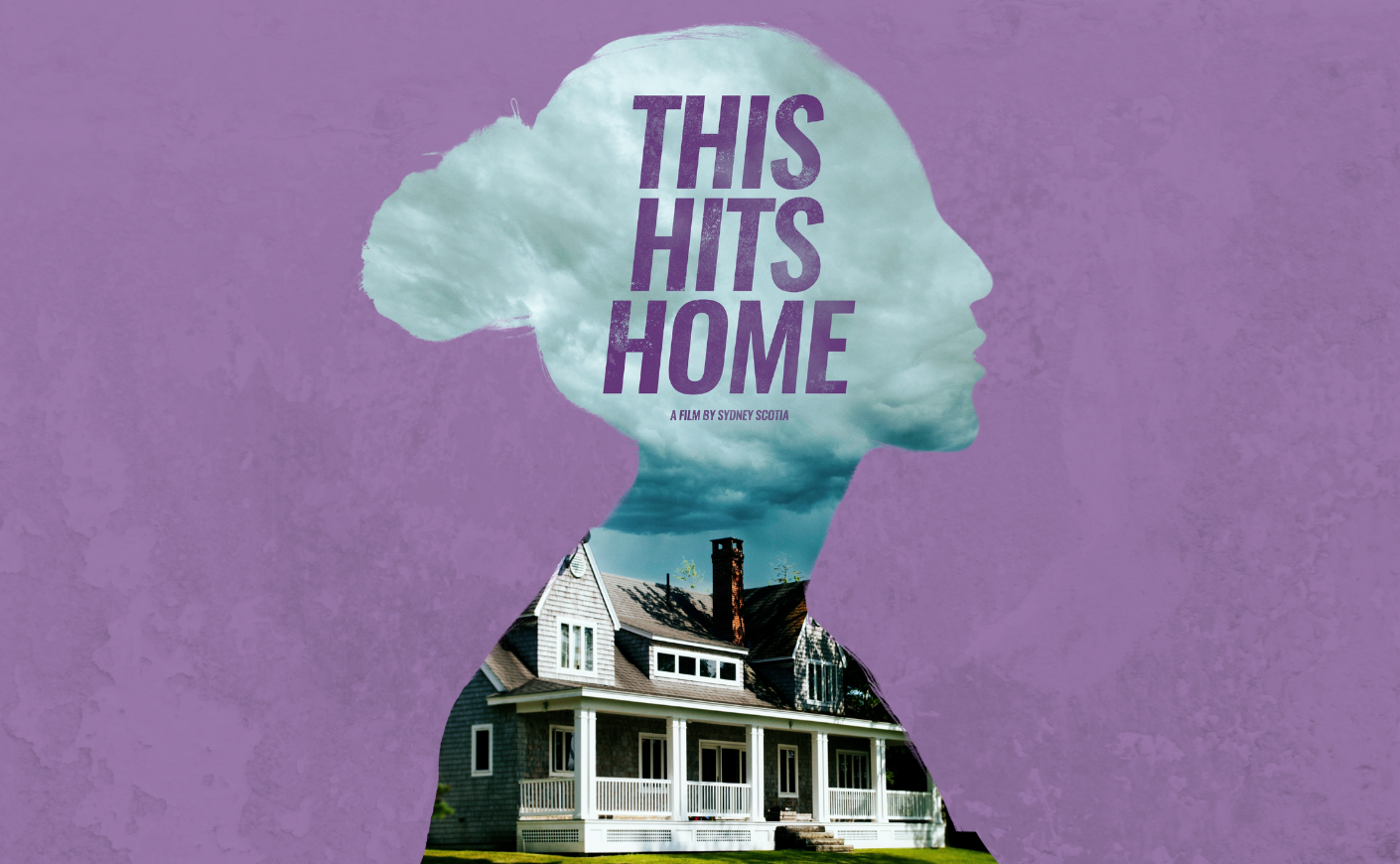When most people think of traumatic brain injuries and the people who sustain them, they think of the NFL, says Sydney Scotia, an actor and filmmaker. They think linemen colliding play after play, or boxers brutally pounding each other in the head.
What doesn’t usually come to mind is domestic violence, but researchers are discovering that the rates of TBI among survivors are startlingly high, says Scotia, whose new film, This Hits Home, explores this issue. She first began working on the project seven years ago, when she learned about the breadth of this problem through her father, David Dodick, M.D., a neurologist and the director of the concussion program at the Mayo Clinic. At the time, even he didn’t grasp the scope of the issue. But as he and Scotia began to learn more, “I thought boy, oh boy, ‘The world needs to know about this,’” Dr. Dodick tells us.
It’s estimated that one in four women have experienced domestic violence, and in 90 percent of those cases, their heads are targeted, Dr. Dodick says. But in many instances, survivors don’t seek out treatment, and doctors often aren’t trained to screen them for brain trauma, which means there are a lot of women out there who’ve likely gone undiagnosed. That’s precisely why Scotia set out to make this film — released this year and streaming now on Amazon Prime and on all VOD platforms, including Tubi and YouTube TV — to raise awareness around this "silent epidemic."
We spoke to Scotia and Dr. Dodick, who’s featured in the movie, about their moving documentary, the devastating toll of TBI, and more.
Katie Couric Media: Can you explain what exactly happens to the brain when you sustain a TBI or similar forms of trauma?
Dr. Dodick: TBI can be either mild, moderate, or severe. Mild TBI is synonymous with concussion. Though “mild” is really a misnomer when you consider that a concussion could result in killing off several million brain cells. But the symptoms include headache, light and sound sensitivity, imbalance, cognitive fog, difficulty concentrating, processing information, and sleeping.
Most people recover, because the brain is a very adaptive organ; the problem is when the TBIs are repeated. Those repeated insults lead to a progressive neurodegenerative disease called chronic traumatic encephalopathy (CTE), which is characterized by not only the severing of many of the trillions of connections within the brain, but constant inflammation and the deposition of a protein in the brain called tau, which is destructive to the cells around it. People appear like they have a memory disorder like Alzheimer’s disease. But there’s also a neurobehavioral element, where they become more impulsive, perhaps aggressive, or may develop disorders like depression and anxiety.
How have these injuries impacted the women you’ve met?
Scotia: It affects a lot of their day to day. Women have told me that they have trouble finding words they never had trouble with before. Sometimes, they’ll just forget where they’re going: One of our survivors said that she was going to meet her daughter one day, and ended up completely lost. Everyday tasks that most of us take for granted become much more difficult. And a lot become very depressed and anxious — they’ll report having suicidal thoughts, along with the PTSD many of them suffer.
Dr. Dodick: In some cases, they’re also dealing with debilitating pain that they may describe as a migraine, but what’s actually a post-traumatic headache that develops as a result of inflammation caused by those injuries. That pain can be incapacitating at times. So if you can imagine dealing with that on top of the depression and the trouble thinking clearly, you can see how it’d be hard to hold down a job or even do simple things like get your kids ready for school.
Can you tell us about some of the women, advocates, and scientists you met in making this documentary?
Scotia: We talked to experts in the traumatic brain injury field, neuropathologists, and experts in the legal field, but the women we feature are really the stars. We tell the stories of women from all walks of life and from across the U.S., who were all so brave in coming forward. They reached out to me and spoke to me and our small, independent crew about these episodes, which were so devastating that we couldn’t even include some of the full stories in the film, because they were just too graphic.
One of our main protagonists, Liz, was affected, as were her children; they actually sustained injuries at six weeks old and six months old at the hands of their father, who was incarcerated as a result.
Are survivors getting diagnosed and receiving the care they need?
Scotia: I would say that very few are. Most of the women I spoke with didn’t receive any treatment.
Dr. Dodick: If women come in complaining about forgetfulness or persistent headaches, whatever the symptom may be, physicians aren’t trained to ask about a history of domestic violence. And many women don’t volunteer the information because of the stigma. So doctors will evaluate them but sometimes won’t actually uncover the root issue and deal with it.
Now, if a 40-year-old football player shows up complaining of the same things, it’s one of the first things that’s screened for — but not a woman. So I have no doubt that there are women out there who are thought to have Alzheimer’s or some other form of dementia, who may well have CTE and the diagnosis is never made.
What do you hope viewers take away from This Hits Home?
Scotia: I hope that there’s a recognition that victims need to be given more support, counseling, and protection and that first responders and medical professionals need to be educated and empowered to identify and treat TBI and abuse. I want the voices of these extraordinary women to be heard, and to finally shed some light on this silent epidemic.









